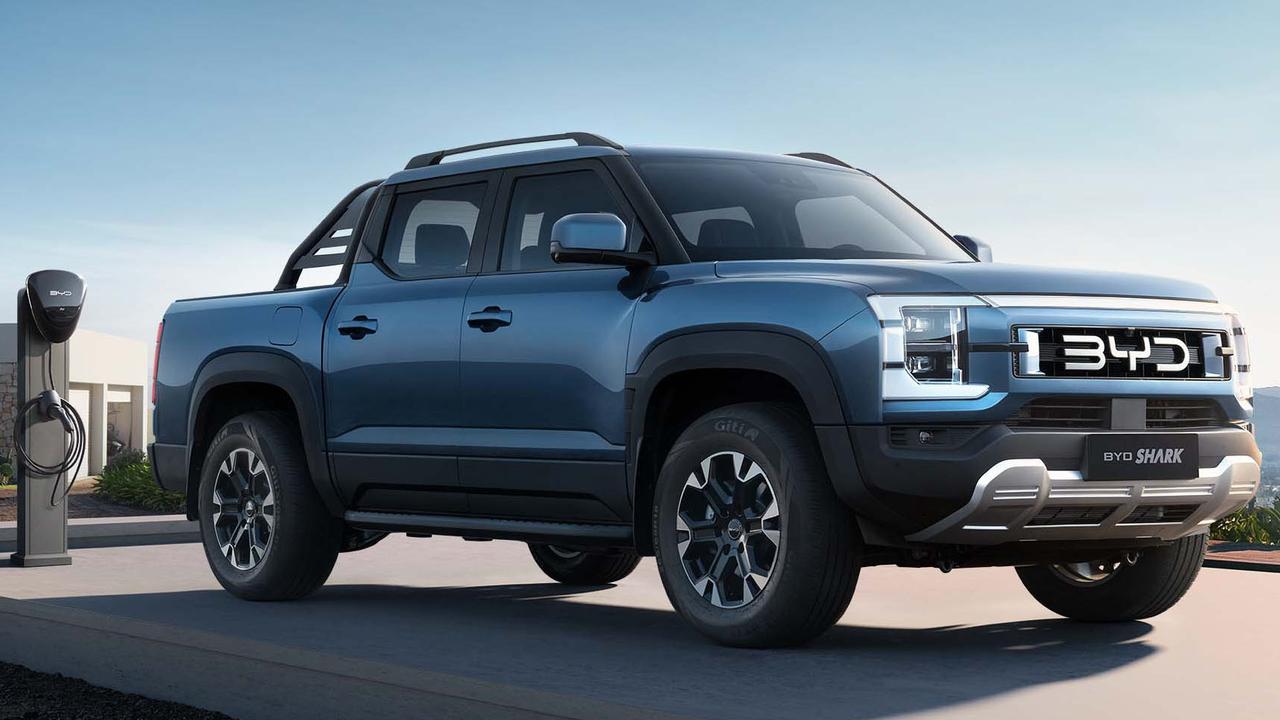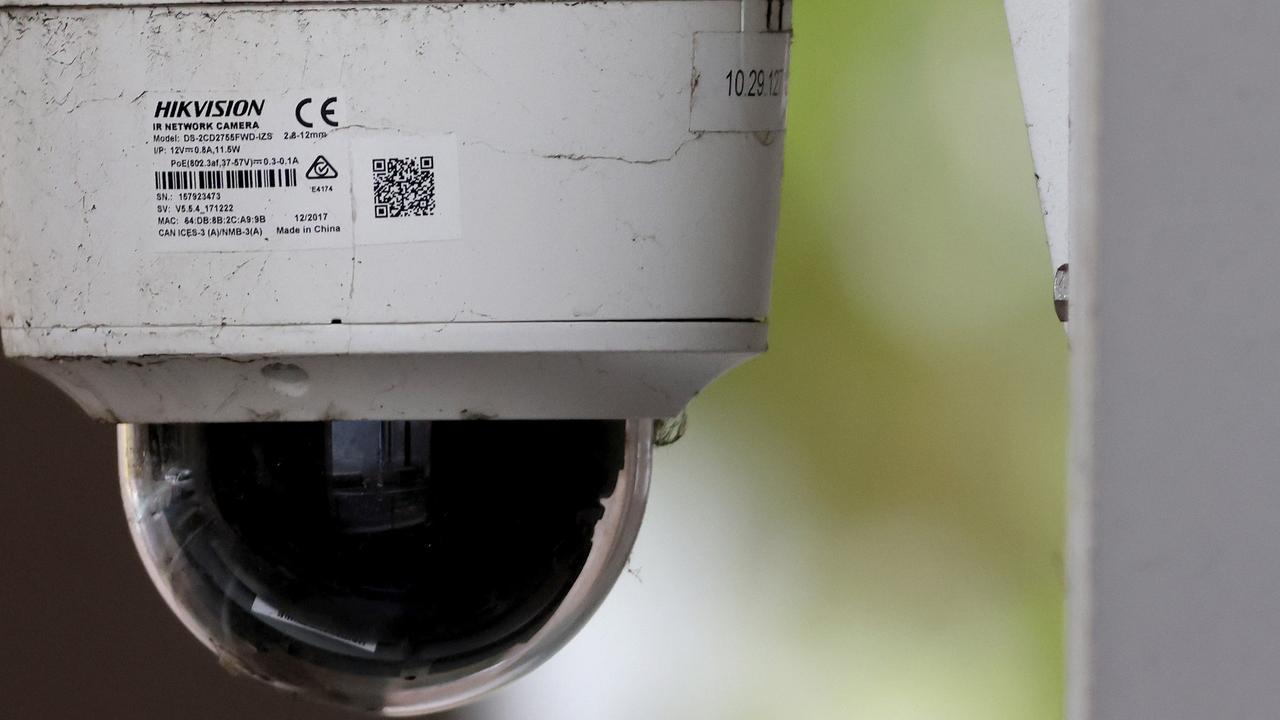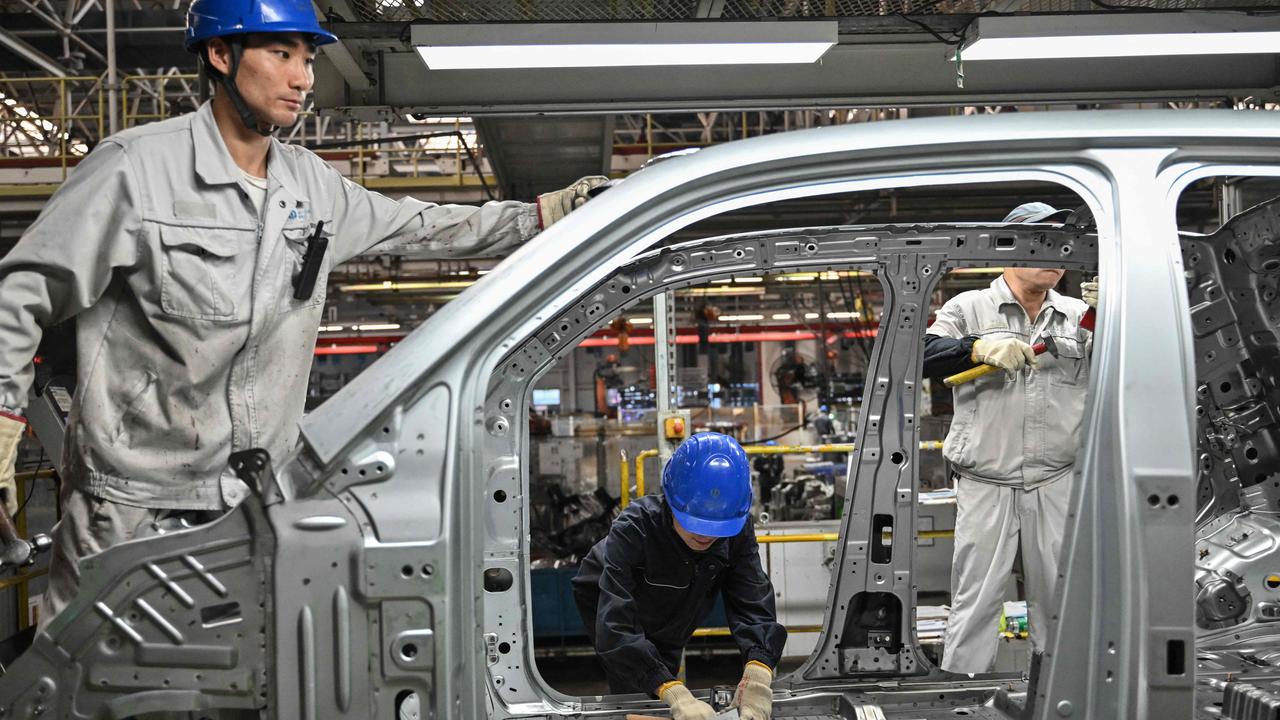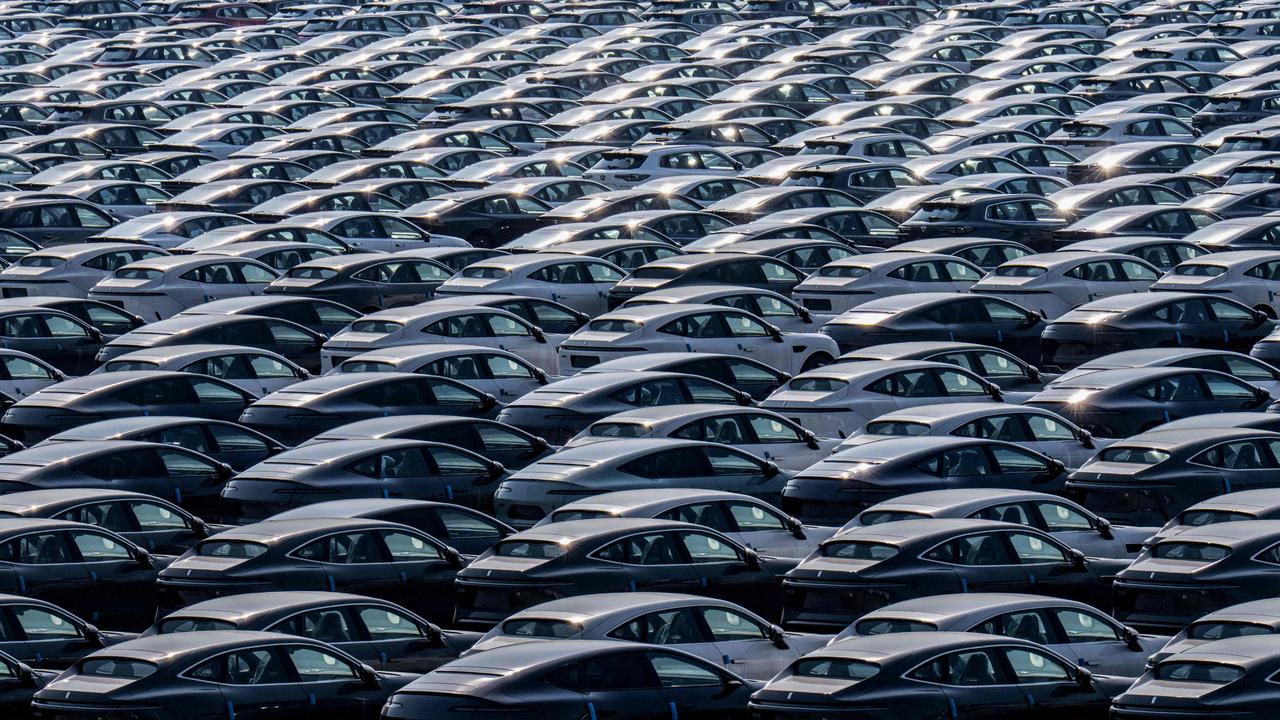Banned Chinese companies find their way back onto Aussie roads
From 5G and surveillance to smart cars, Chinese tech firms are concentrating on Australia’s automotive sector.

Over the past decade, several Chinese telecommunications and surveillance companies have been banned from Australian projects due to security concerns.
The same companies are quietly making their way back through a new channel - automotive technology.
Huawei, known as the world’s largest telecommunications company with a reported $100 USD billion in revenue in 2023, was banned from Australia’s 5G rollout under the Turnbull Government, along with other countries.
The fears stemmed from China’s National Intelligence Law, which mandates companies to co-operate with state security agencies and concerns over the companies close ties to the Chinese Communist Party (CCP).
Huawei denied all allegations and even commissioned a legal report to assert that it cannot be forced to spy.

However, the ban did not stop the company, instead Huawei refocused their efforts into another rapidly growing automotive sector, investing millions into artificial intelligence, smart-driving technology and their own EVs.
Its ambitious strategy has already made headway in China where it’s working with major automakers such as Seres Group, Changan Automobile and Chery.
Changan Automobile has partnered with automotive distributor Inchcape, the powerhouse behind Subaru, Peugeot and Foton, which will now distribute the new Chinese EV, Deepal.
The company has also secured opportunities with Audi, Toyota and Build Your Dreams (BYD).
It’s only taken the company four years to become a force in smart car technology.
Huawei’s advanced driving assistance system, Qiankun, is seen as one of the most advanced in the market.

Build Your Dreams (BYD), one of China’s leading EV manufacturers, has signed a deal to use this technology in its off-road Fangcheng Bao EVs, with the Bao 8 SUV being the first model to feature the system.
Another major car brand, Toyota, previously partnered with Huawei on smart cockpits and connected vehicle systems and the new collaboration will see Huawei provide the hardware backbone to Toyota EVs.
But it’s not just Huawei who has pivoted, other technology companies have followed a similar path and are also producing their own EVs.
Baidu, accused of working with the People’s Liberation Army on military AI, has also entered the car market.

Dahua, another Chinese company, is reappearing in Australia not through surveillance cameras but electric vehicles, under automotive distributor Stellantis.
If the name sounds familiar, it’s because Dahua technology was banned in early 2023 by the Australian defence minister Richard Marles, who announced more than 900 video cameras made by Dhua and another Chinese company, Hikvision, would be removed from 250 government offices over security concerns.
The United States, United Kingdom, Canada and Ukraine also sanctioned the use of Dahua technology.
Fast-forward to today, Zhu is now the founder and chief executive of new Chinese electric vehicle company Leapmotor, which is about to launch in Australia this year.
The Risk posed by these companies and their technology is significant.

It’s not just Huawei, Duhua and Leapmotor, several other Chinese companies like Xioami also have EV divisions.
Cybersecurity expert Dr Lesley Seebeck explains that Australia is a high adopter of foreign technology, making us particularly vulnerable.
“Australia is a technology taker: our supply chains are vulnerable, our dependency on foreign technology is high, and we are high adopters of new technologies, especially in the consumer area.
Additionally, the government is pushing for EV adoption to achieve its emission targets,” she said.
Dr Seebeck explains that data collected by new vehicles is often used and on-sold, and in China’s case, we must that information is being passed to its “national security apparatus”.
“China cyber penetration into internet-connect devices was illustrated last week” Seebeck explains, citing the FBI’s recent take-down of the Chinese botnet Flax Typhoon.

“It and the earlier bot net, Volt Typhoon represent a step change in Chinese cyber behaviour, aimed at both extortion, control and potential sabotage,” she said.
Dr Seebeck warns that the CCP “cannot be taken at face value”.
“It is an autocratic regime, with no accountability and little respect for international, and increasingly assertive in geostrategic terms, willing to use a range of levers, short of war, to achieve its objectives,” she said.
The Australian Strategic Policy Institute (ASPI) further cautions that the CCP’s reach and influence into private companies has expanded dramatically over the past decade.
According to ASPI, in 2016, 1.3 million party members had been established in private firms, with Huawei alone having 300 party members by 2017.
The CCP mandates party committees in Chinese companies, giving them influence over major decisions, investments and personnel.
This control allows Beijing to exert power over private businesses and hence why the United States is concerned about state interference and the potential for espionage.
This is exactly why the United States is proposing bans on this technology, the risk that these companies could act as a gateway for the Chinese government surveillance is a real and serious concern.





